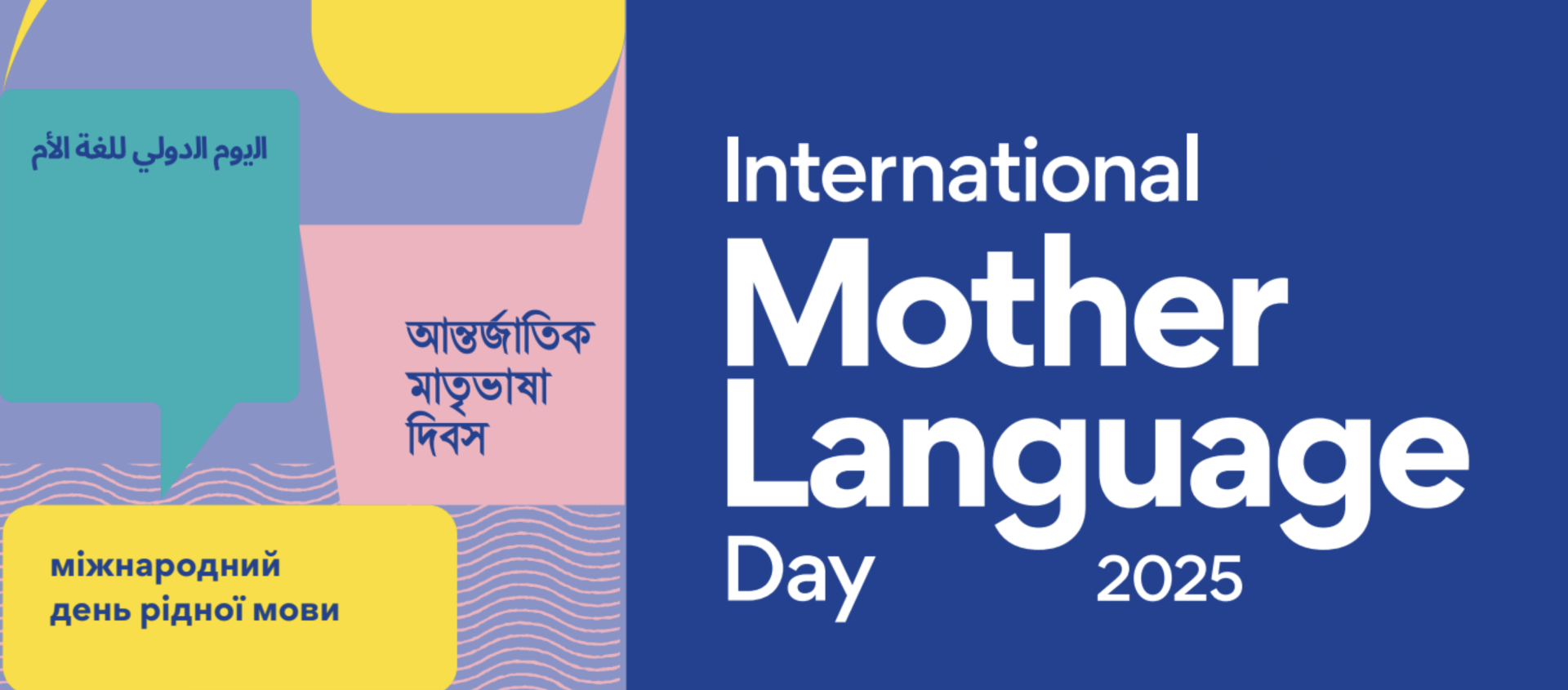- This day allows countries and communities worldwide to recognize the value of linguistic diversity while promoting inclusivity and understanding in an interconnected world.
International Mother Language Day Celebrates Linguistic Diversity
21 Feb, 2025 03:00 PM

February 21 marks the world's International Mother Language Day. It brings global attention to the importance of language and culture, highlighting the role that mother languages play in the social, cultural, and intellectual development of individuals and society.
United Nations Educational Scientific and Cultural Organization (UNESCO) started it twenty-five years ago; the observance raises awareness of mother languages' vital role in preserving cultural heritage and fostering peaceful societies.
This day allows countries and communities worldwide to recognize the value of linguistic diversity while promoting inclusivity and understanding in an interconnected world.
Mother languages, spoken from birth, are often seen as integral to a person's identity. They represent the rich histories, traditions, and worldviews of communities across the globe. In addition to being a vehicle for communication, mother languages are instrumental in preserving cultural knowledge, literature, and practices passed down through generations.
However, despite their importance, many mother languages are endangered. According to UNESCO, nearly 40% of the world’s languages are at risk of disappearing, with some languages having fewer than a thousand speakers.
Erosion of cultural diversity, marginalization of minority communities, and the decline of traditional knowledge passed down from one generation to another stand to suffer if we lose our language.
UNESCO is at the forefront of promoting and preserving mother languages worldwide. Its primary mission to the mother language is raising awareness of the importance of linguistic diversity, encouraging the preservation of endangered languages, and supporting the promotion of multilingual education.
While there is progress in promoting linguistic diversity, significant challenges remain.
One of the most pressing concerns is the dominance of global languages, particularly English, often leading to the marginalization of minority languages and intermarriages among various communities; despite these, we must preserve our tongue.
The rise of technology and digital communication is creating opportunities and threats for the survival of endangered languages. For example, translating the Finance Bill 2024 into mother languages made it easier to understand. While the internet can be a tool for language revitalization, it poses the risk of further promoting dominant languages since the content in local languages is limited.
The future of mother languages depends on the concerted efforts of governments, communities, linguists, various national and international organizations and individual efforts. There is a need for stronger policies prioritizing multilingual education, as well as increased support for communities working to revitalize languages.
Leave a comment
No comments yet. Be the first to share your thoughts!











